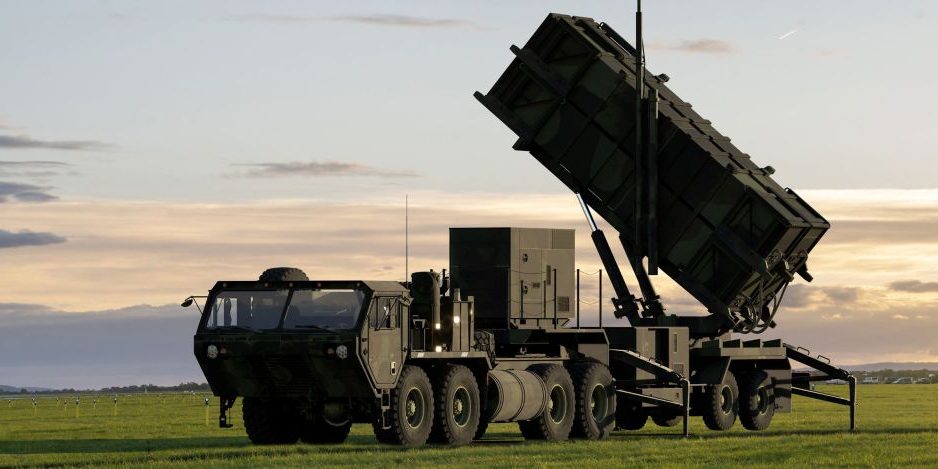The U.S. Army is moving its air and missile defense assets to a new fire control network that will allow sensors such as radars and a variety of defensive and offensive weapons anywhere on the network to be fully integrated – and able to engage hostile air and short-, medium- and long-range missiles.
The Integrated Battle Command System (IBCS), which was approved for full-rate production in April 2023, is currently the Army’s top air and missile defense modernization effort. IBCS, which has been supported by the Georgia Tech Research Institute (GTRI) since very early stages of the program in 2004, will ultimately replace older air and missile defense command systems that were built to counter specific threats and applications.


